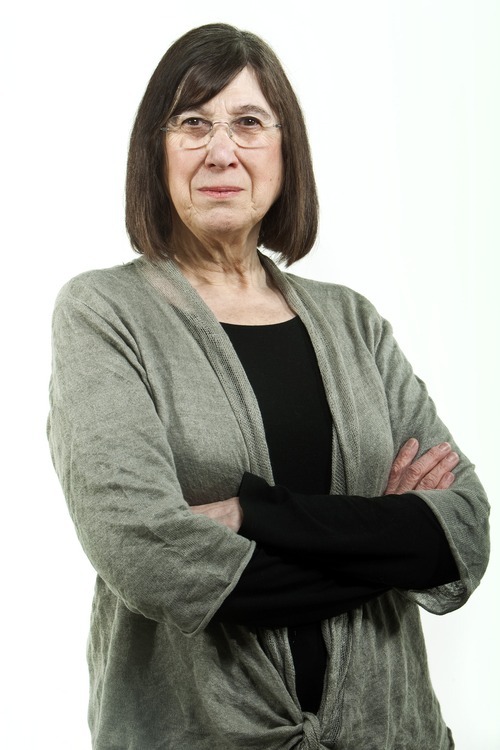This is an archived article that was published on sltrib.com in 2012, and information in the article may be outdated. It is provided only for personal research purposes and may not be reprinted.
In the Russian industrial town of Brest-Litovsk — a Polish center of Jewish trade, administration and rabbinic teaching during the 15th and 16th centuries — most general businesses were forbidden to Jews other than those employed in lumber and transportation.
The Rosenblatt family, owners of a small mill, made a living stockpiling and selling lumber. But pogroms were common and widespread. Horrific, too, was the forced conscription of Jewish lads as young as 12 into the Russian army. Few ever made it back.
In 1880, the elder Rosenblatt booked passage for his 14-year-old son, Nathan, on a ship bound for America. "My grandfather literally pushed him out the door, saying, 'I don't know what's going to happen to you by leaving. I do know what will happen if you stay," Nathan's son, Joseph Rosenblatt, said in interviews from University of Utah's Marriott Library and University of California's Bancroft Library.
Carrying a letter of introduction from his father to a landsman he had helped immigrate to Colorado, Nathan bypassed New York and traveled to Denver. It was winter. Work was scarce, the host and his family were struggling to survive.
"Having another mouth to feed must have been overwhelming," Joseph Rosenblatt said.
Nathan then came to Salt Lake City, where he was advised to seek help from the Auerbach brothers. German-Jewish entrepreneurs who developed one of the country's first department stores, F. Auerbach & Bros., they dealt in gold dust, greenbacks, tithing script and shinplaster currency printed by Salt Lake City. They gave Nathan a store-stocked pushcart with a list of items and prices.
"If language was a handicap, it was simply something he had to get over," Rosenblatt noted. "Peddling in the city, he slept wherever there was a place to wrap a blanket around him and eventually made a success of the pushcart."
A few years later, Nathan married Tillie Scheinbaum, who, unescorted, had crossed the ocean in steerage. Their marriage, the result of "the well-respected custom of matchmakers," produced sons, Simon (1888), Morris (1890) and Joseph (1903).
By the late 1800s, mining enterprises were carving frontier niches in the Intermountain region. Salt Lake City became a hub for economic development, immigrant workers flooded the mines and Nathan was intrigued.
Selling dry goods to miners, he collected scrap metal and rags, and learned how to buy, repair and recondition old mining machinery for resale. By 1893, he founded the Utah Junk Co. behind the family home on 800 South and State Street.
In 1894, while selling a wagonload of mining supplies and goods in the lead and zinc belt in northern Idaho, the Pullman Panic hit. A national crisis ensued: Banks shuttered, money sources dried up, scrip was issued, and Nathan was stranded for nearly a year.
"I remember hearing it was a difficult time for mother raising two boys on her own," Rosenblatt said. "But returning through Cache Valley, he sent her a message saying, 'This is so beautiful. I just have to stop a day and enjoy it.' Apparently, she greeted him not too kindly."
Nathan specialized in brass, iron and copper, shipping the metals back East for recycling. It was an expensive venture, so he found local markets for his scrap iron. He built a brass foundry and, with his oldest sons, established the American Foundry and Machine Shop and bought a smelter for steel production.
Some enterprises were costly; some failed. But, from 1890 to 1920, the Rosenblatts were at the forefront of the region's mining and smelting expansion. Reinvesting their profits back into the business, they continued to grow.
In 1926, Nathan offered 23-year-old Joseph "a little thing he picked up called Eastern Iron and Metal Company (EIMCO)" to see what he could do with it.
" 'Out you go,' they said." Thus began, for the Rosenblatts, another chapter of diversification, risky challenges, success and a legacy that epitomizes the American dream.
Eileen Hallet Stone, an oral historian, may be reached at ehswriter@aol.com. Special thanks to Greg Thompson at the University of Utah's Marriott Library.



